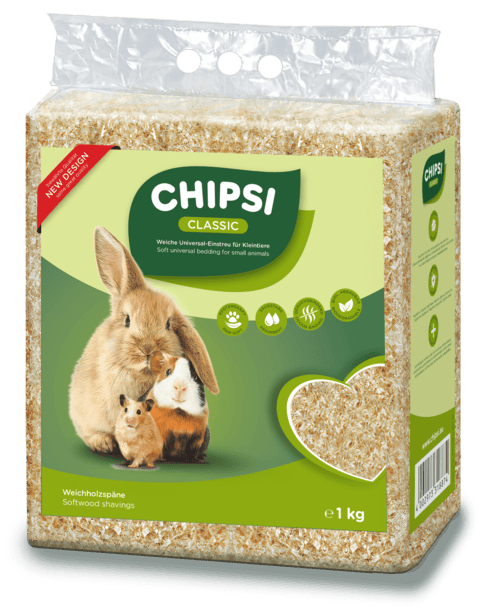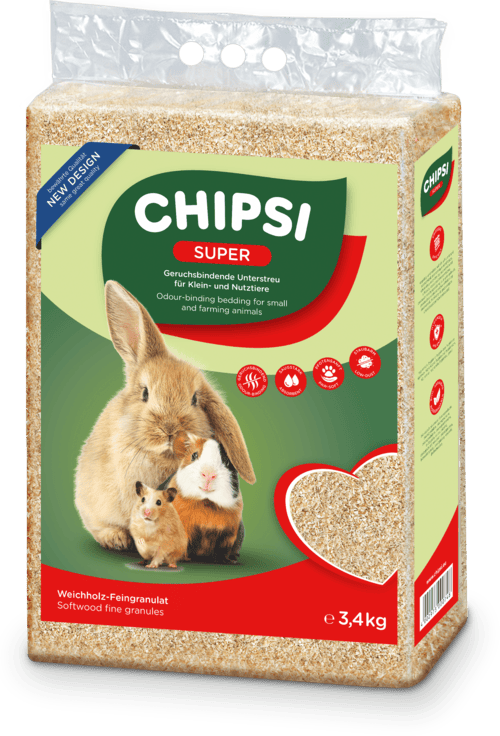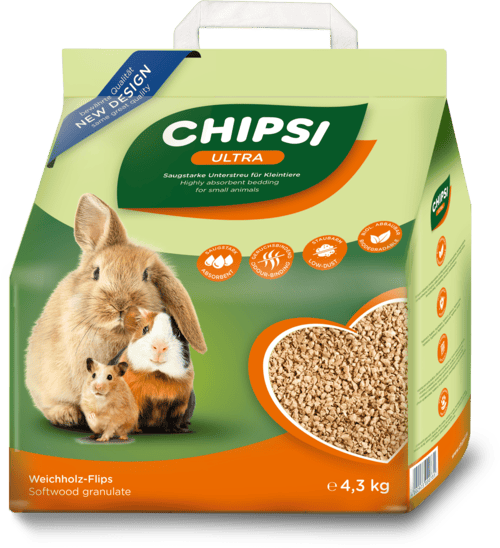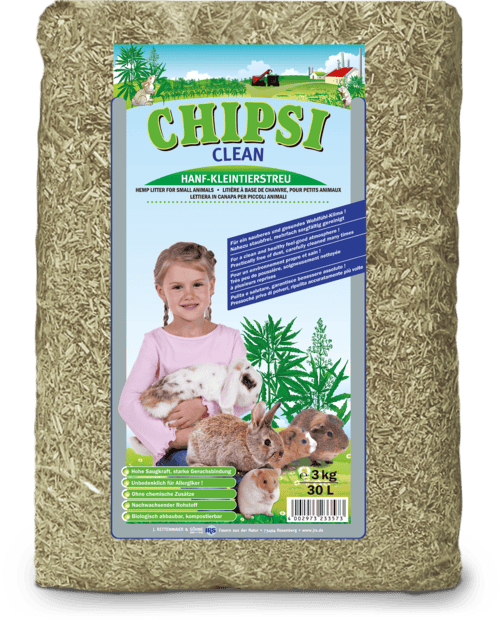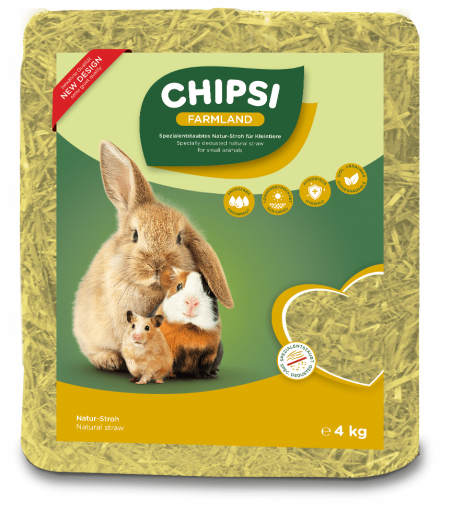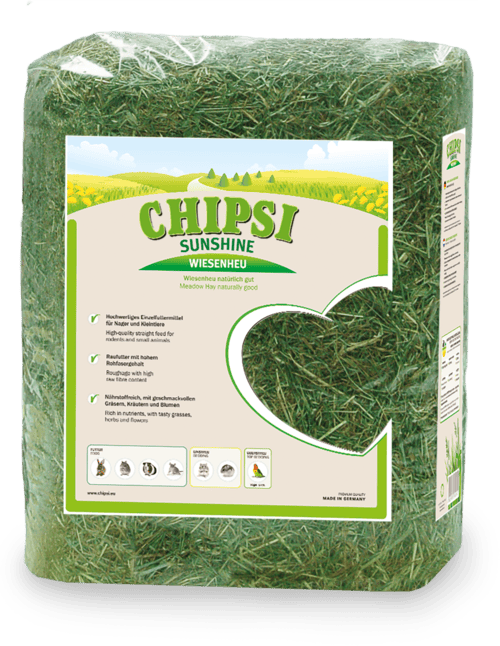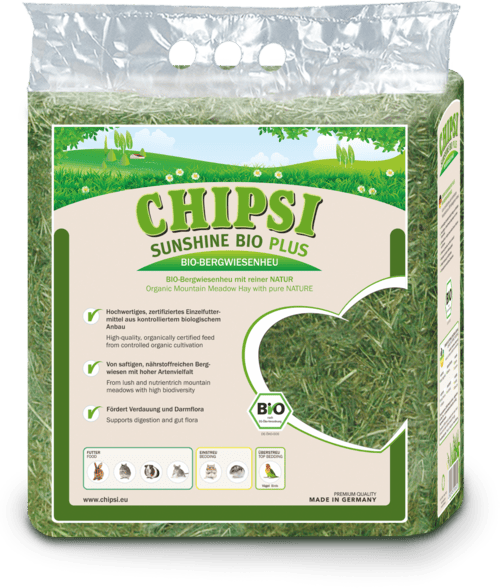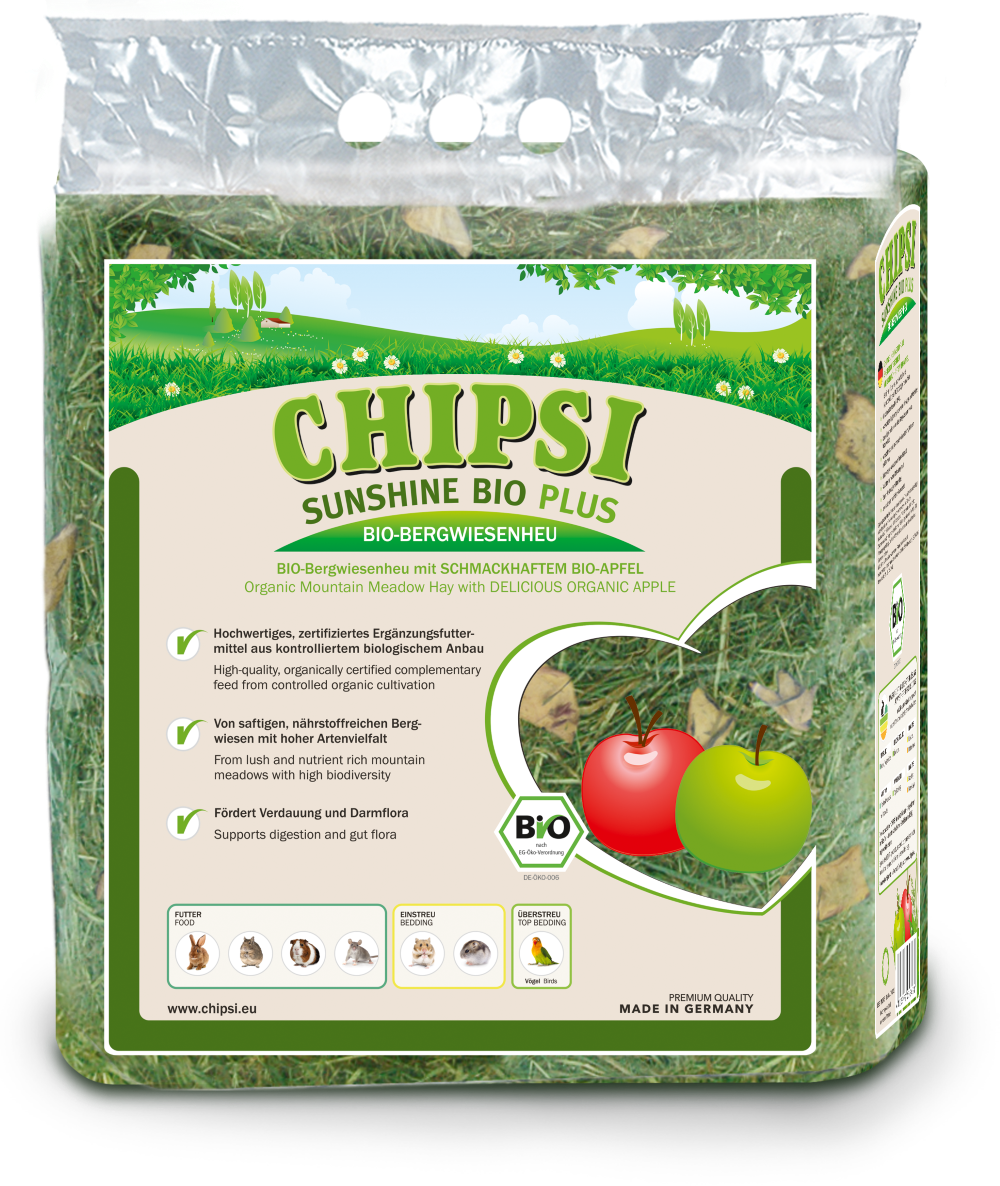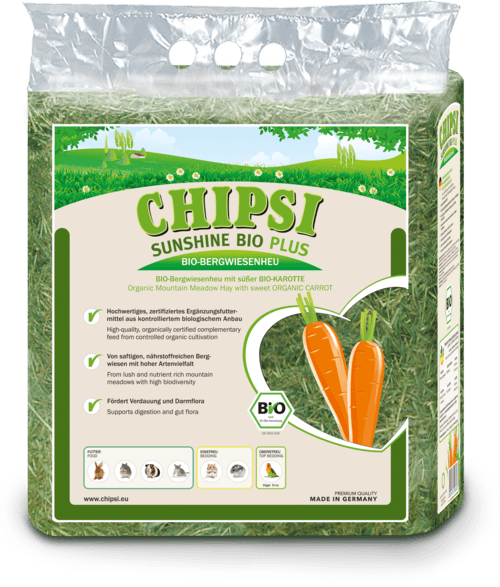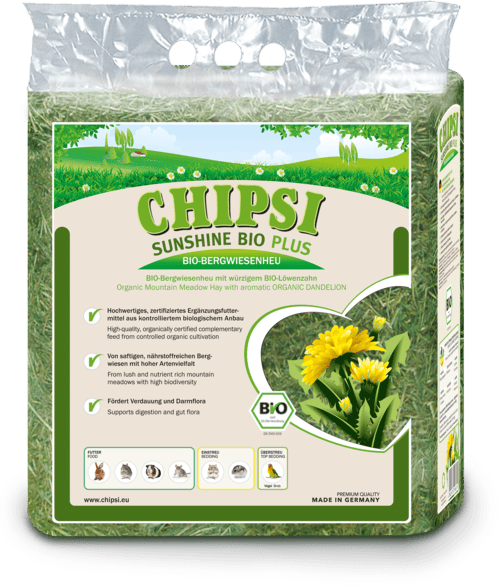Button Quails - Small character birds with big demands
Species-Appropriate Keeping – How They Thrive
Better in a double pack
Button quails are monogamous and should always be kept as a pair. Keeping several pairs together is only possible in large, well-structured aviaries.
Ground-based way of life
As ground dwellers, they need sufficient space and structure with hiding places, shelters and natural materials such as moss or bark. The furnishings should be varied and close to nature.
Volierenhaltung bevorzugt
Empfohlen wird mindestens 1 m² Bodenfläche pro Paar. Die Voliere sollte trocken, zugluftfrei und gut belüftet sein. Als Einstreu eignet sich feinkörniges Material wie Sand oder Hanfeinstreu.
Caution with socialization
Keeping them with other bird species only works in very large aviaries. The most compatible are species that live above, such as finches or small parakeets.

cleanliness and hygiene
🧼 Weekly Change
💦 Fresh Water
A clean environment is essential for the health of button quails:
Fresh every day
Feces and soiled bedding must be removed daily. Fresh water must also be provided at least once or twice a day.
Thorough cleaning
The bedding is completely renewed once a week. Resting and nesting places should be carefully checked.
Clean water points
Only clean drinking water reliably protects button quails from diseases. Regular checks are mandatory.

Nutrition
🥦 Herbs and green fodder
🥚 Animal protein
Button quails need a balanced grain feed with wild seeds, supplemented by fresh herbs, sprouted food and green fodder. Animal protein (e.g. mealworms) is particularly welcome during the breeding season. Grit and minerals for digestion must not be missing. Fresh water must always be available.
Grains as a base
The basis is a balanced grain feed with wild seeds. It covers the energy requirements and corresponds to the natural preferences of the animals.
Fresh food added
Herbs, sprouted food and green fodder are not only rich in vitamins, but also provide variety in the feeding plan.
Protein in the breeding season
Animal protein, such as that contained in mealworms, is particularly important during the breeding season. Grit and minerals provide additional support for digestion.

Activities
🔍 Digging and scratching
🍂 Natural materials
The small birds love soil activities. Variety is created by leaf litter, sand baths, food hiding places and natural materials such as branches or small pieces of bark. Particularly popular: browsing for loosely scattered food.
Natural occupation
Button quails are very active on the ground. Leaf litter and sand baths invite them to scratch and browse.
Playfully search
Loosely scattered food keeps the animals busy in a natural way. This promotes their instincts.
Offer variety
Small branches, pieces of bark and other natural materials provide variety. They make the environment more exciting and species-appropriate.
